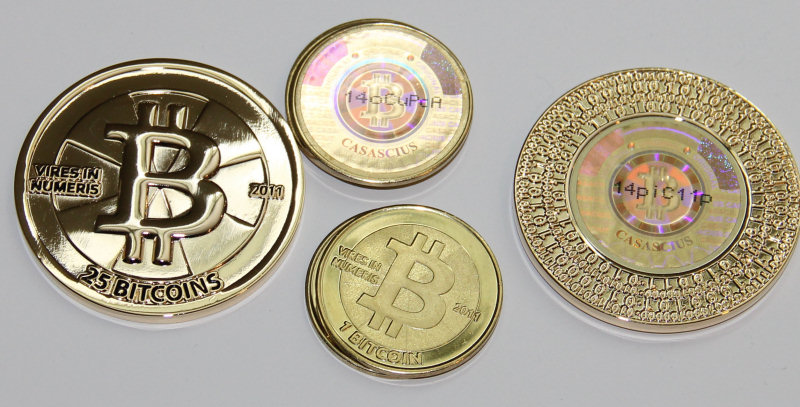In the early days of Bitcoin, the Casascius Bitcoin was created as a physical representation of the digital currency.
These were tangible coins that held real Bitcoins because each one contained a series of characters called a mini
private key. This key – which starts with S and is comprised of 22 or 30 random characters – was embedded onto the
physical coin itself and allowed the Bitcoins to be redeemed.
If the Bitcoins on a coin have already been reclaimed, it’s now just a collectible. Otherwise, it still holds its original number of BTC. While the key was fundamentally physical, it’s possible the owner created a digital copy at some point for backup or safekeeping. The challenge, years later, is finding that digital file, if one was ever made.
If that sounds like your situation, keep reading.
The problem: finding the key manually
Unfortunately, there is no reliable way to find a mini private key manually.
A simple keyword search on your computer is unlikely to work. A string of 22 or 30 random characters (like Sh88onTtxYfhvJEcP6pgLh
or S8Rtv5YzqqvtMoJSb12WL64at5PVXk) doesn’t look like a normal word, so your computer’s search function won’t find it.
You can, of course, try searching your documents for related keywords like wallet, bitcoin, btc, private key, or casascius. However, the chances of success are extremely low.
Furthermore, since the Casascius Bitcoin is a physical coin, it’s very likely the key was never stored digitally at all. You should first search all your physical belongings for something that looks like one of the coins below:

Still, it is possible that you saved the mini private key digitally. If you think this might be the case, you should consider using an automatic tool.
The solution: using Treasure Hunter
Because the manual search method is so limited, you should consider the automatic way: using my software, Treasure Hunter.
Treasure Hunter is an application that scans storage devices for the presence of cryptocurrencies. It is designed to find files that contain various types of keys, including mini private keys.
It is far more effective than a manual search for a few reasons:
- It scans all sorts of documents for the specific pattern of a mini private key.
- It can find mini private keys even if attempts have been made to hide them, for instance by moving them to an obscure location or by putting them in a document with an inconspicuous name.
- It works on a variety of storage devices, including HDDs, SSDs, USB keys, SD cards, CDs, DVDs, and Blu-ray discs.
- Treasure Hunter is available on Windows, Mac, and Linux.
- You can scan your storage devices for free to see if anything is found.
If you suspect you ever typed that mini private key into a text file, Word document, or spreadsheet, Treasure Hunter is your best bet for finding it.